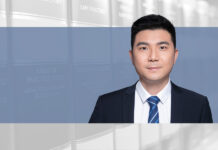Family trusts have recently taken off in mainland China, with major private banks and trust companies rolling out businesses to service this new opportunity. We have also received many enquiries from wealthy individuals about domestic family trusts, though these entrepreneurs mostly remain skeptical and tend to take a wait-and-see approach. Still, based on these exploratory discussions, we have been able to provide a summary of the 10 biggest doubts Chinese high net worth individuals have about domestic family trusts.
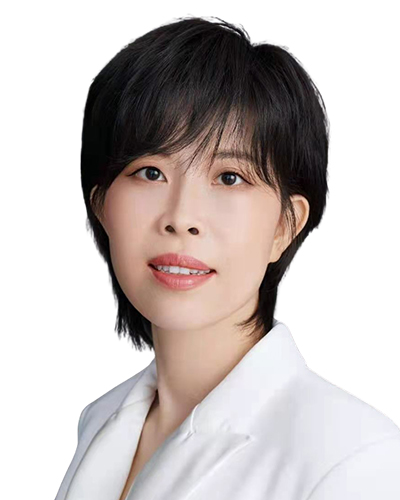
Senior Partner
DOCVIT Law Firm
The current state of trusts under Chinese law. The great majority of trusts under Chinese law are fund trusts, which in many ways are wealth management products, differing radically from the structured nature of overseas family trusts. There are now 68 trust companies in China licensed by the China Banking and Insurance Regulatory Commission. They sell trust products to their clients, in effect raising funds from investors and re-investing them in other products or projects. Private banks and insurance companies also have their respective trust products, but all strongly resemble wealth management products.
As a result, high net worth individuals are prone to misunderstand domestic family trusts, and fail to see the difference between a family trust and a wealth management type of trust. They cannot know that, in terms of function, a family trust can help with protective isolation of assets, wealth inheritance, and tax planning, in addition to investment and wealth management.
The late start of family trusts in China left settlors doubtful about the effect of isolation. Since almost all founders of family trusts are still alive, the critical issue of whether the products can withstand “penetrative” review, and even when such “look-through” is deemed necessary, will only be subject to the test of time.
Taking as an example the 2021 case in which trust property was sealed up and frozen by the Wuhan Intermediate Court, which was the first domestic freezing case involving a family trust: Yang, wife of Hu, instituted a legal action against Zhang, a female third party, for unjust enrichment and asked for the property involved to be preserved. The court sealed up and froze the property under Zhang’s name, including assets totalling RMB11.8 million (USD1.8 million) in a domestic family trust established by Zhang as the settlor and her son with Hu as a beneficiary.
After a number of twists and turns, the court finally suspended enforcement against the benefits from the trust, permitting the trust company to continue to regularly pay living expenses to the beneficiary, Hu and Zhang’s son, but dismissed Zhang’s application to have the trust funds unfrozen, so as to prevent the trust company from returning the trust principal to Zhang without authorisation.
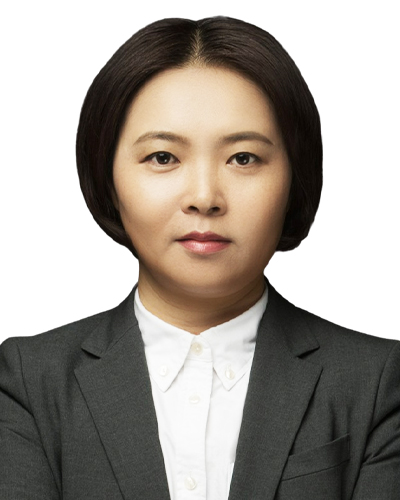
Partner
DOCVIT Law Firm
The court held that property preservation was to prevent the settlor, Zhang, from transferring the rights to benefit from the trust or redeem the trust funds, and the freezing did not involve disposal of the property interests, did not affect the management, application or disposal of the trust property or other trust business activities by the trustee, the trust company. It only prevented the principle from being returned to Zhang without authorisation. It did not constitute enforcement against the trust property.
In this case, Hu, by transferring joint spousal property to a third party, allowed Zhang to establish, as trustee, a two-beneficiary family trust that included her son born out of wedlock, which indeed bore suspicion of unjust enrichment. However, professionals generally panned the court’s judgment as being somewhat ambiguous and failing to clarify whether the trust was fraudulent or whether it should be “looked through”. This further reflects China’s limits in legislative and judicial experience in this regard, with legal experts still exploring the line between regular and “penetrative” review where family trusts are concerned.
Complex structure of a family trust leaves investors confused as to the roles of settlor, trustee, supervisor, protector and beneficiary. Many entrepreneurs are at first put off by the complex structure of trusts. In our view, the complexity of family trusts is generally overstated. Such reservations can easily be resolved if clients have professional advice and the patience to learn.
Risk of commingling assets. As the structure of a family trust requires that title to the assets be transferred into the name of the trust company, investors may have concerns that they could be commingled with the trust company’s own assets, which could compromise asset security should the trust company suffer from any insolvency risks. In fact, several provisions under China’s Trust Law expressly specify that trust assets must be managed separately from the trust company’s own assets, explicitly to prevent any commingling of assets. The Minutes of the Ninth National Work Conference on Civil and Commercial Adjudication by Courts also emphasised that trust property cannot be commingled with a trust company’s own assets. Trust companies also contribute to a risk deposit, which provides an additional layer of protection.
Misgivings related to control. Some investors worry that if they transfer equity and funds to the trust company, control of their companies and decision-making power will likewise change hands. In fact, settlors can fully retain control and decision-making power by having investment advisers or appointing directors, among other steps.
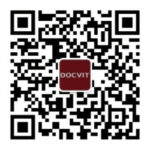
Taking Zhejiang Wanxiang as an example, after the 2017 death of founder Lu Guanqiu, his son, Lu Weiding, as settlor, established the Lu Guanqiu Trust in 2018. The trust is managed and operated by Wanxiang Trust as the trustee, with all property and income allocated to charity. The trust wholly controls Universal Agriculture Group, with its three listed subsidiaries. As Lu Weiding is the actual controller of the trust, no change can be made to the actual controller of the listed companies under Universal Agriculture.
There are companies currently listed on the Star Market or ChiNext with shares held by trusts. It is precisely because they set out specific clauses in the trust contracts preventing the transfer of actual control that regulators approved their listings. Therefore, where a family trust is established to hold company equity, control of such company can be fully protected through design of the trust structure.
Read more:
Why Chinese entrepreneurs reject family trusts – Part II
Zhang Ting is a senior partner and Hou Xiaoling is a partner at DOCVIT Law Firm
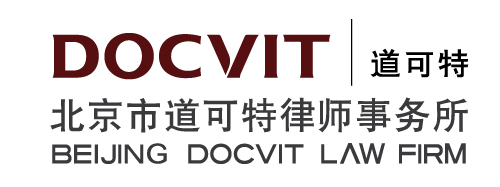
DOCVIT Law Firm
56/F Fortune Financial Center
No.5 East Third Ring MiddleRoad
Chaoyang District, Beijing 100020, China
Tel: +86 10 8586 1018
Fax: +86 10 8586 3605-8006
E-mail:







